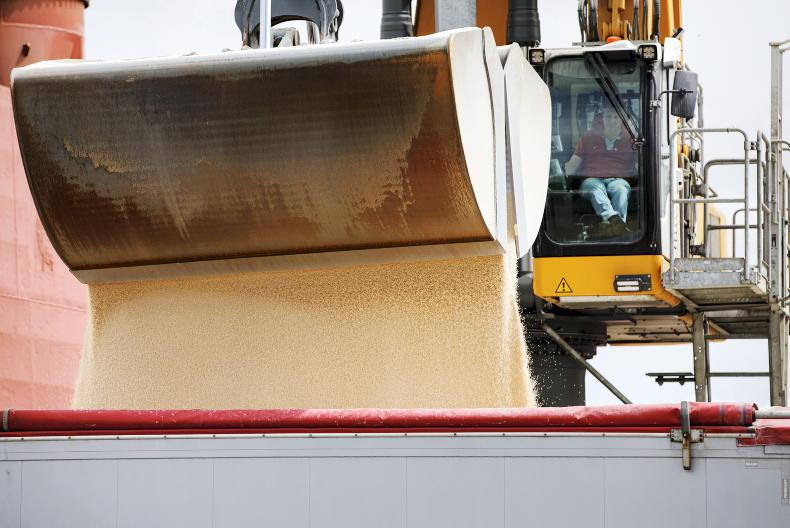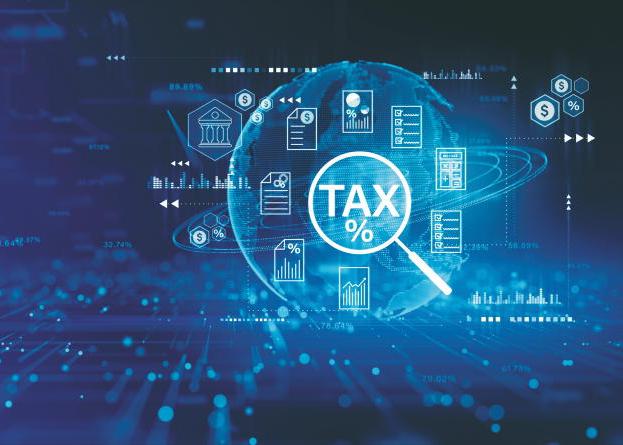Self-employed businesses that have been affected by COVID-19 will not have financial penalties applied if their tax returns are filed after the 31 January deadline.
A spokesperson for HMRC said that the aim was still to get as many people as possible to complete self-assessment tax returns before the end of the month.
“Where a customer is unable to do so because of the impact of COVID-19, we will accept they have a reasonable excuse and cancel penalties, provided they manage to file as soon as possible after that,” the spokesperson confirmed.
Several accountancy groups have been pressing for the self-assessment deadline to be extended to the end of March as the coronavirus pandemic has led to delays with completing accounts.
However, HMRC states that there are currently no plans for the 31 January deadline to be pushed back, although some concessions have been given on paying tax bills.
This includes extending the “time to pay” online service, which previously allowed tax bills of up to £10,000 to be paid in instalments.
“Support is in place for those who may struggle to pay, with customers able to spread their payment liabilities of up to £30,000 over 12 months,” the HMRC spokesperson said.
Digital tax
The representative also stated that the plan remains for “making tax digital” (MTD) to be extended to income tax for self-employed businesses from April 2023.
Since April 2019, VAT registered businesses with a turnover above £85,000 have had to keep digital VAT records and file VAT returns using MTD-compatible software.
The current timeline is for a voluntary MTD programme for income tax to be expanded in April 2021 before it becomes compulsory for all businesses two years later. Also, VAT-registered businesses with a turnover below £85,000 will have to use MTD for VAT from April 2022.








SHARING OPTIONS